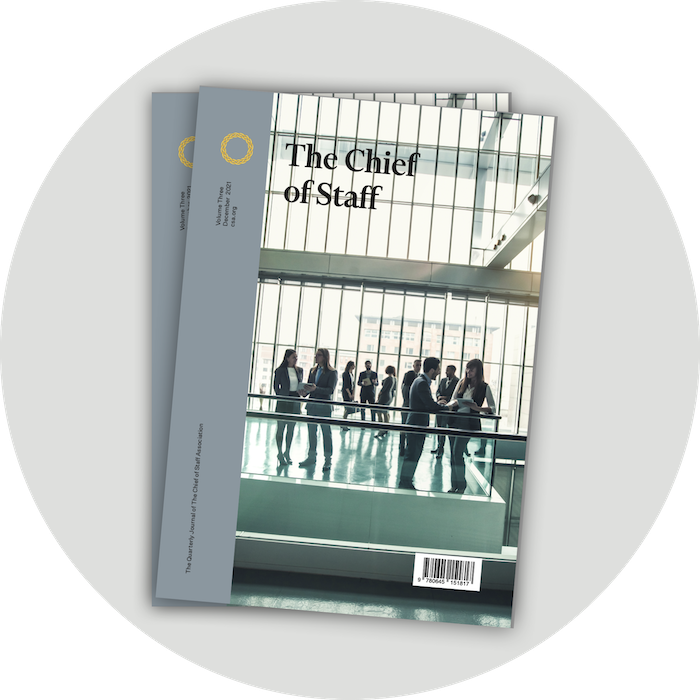Leaders must elevate and embed a continuous learning mindset. Going beyond great challenges many implicit and explicit assumptions about what it takes to succeed and thrive.
Great performance in the 21st century is all about delivering consistently strong returns to shareholders—right? Wrong. That may have been true in the 20th century, when the rules of the business game were predictable, but not today.
That world no longer exists. As BCG’s new book Beyond Great shows, the world has been transformed by three powerful, disruptive forces: social tension, economic nationalism, and technological revolution.
In this new era, great performance is no longer good enough. And the old playbook to build business advantage is no longer sufficient.
One thing is certain, though: We’re living in a time of unprecedented volatility, and we’re reeling from shock; most notably, from the COVID-19 pandemic. The breakneck pace and profound impact of all three disruptive forces shaping this new era are driving market volatility to new heights and shrinking the average lifespan of companies and their leaders.
The 21st century enterprise must do more in this volatile, bewildering time than just be great. It has to go beyond great, building sustainable business advantage benefiting all stakeholders, not just shareholders. How? Business leaders have to adopt a radical new playbook—one that helps their companies become resilient in the face of even the most volatile situations.
Deploying this new playbook won’t be easy—but business leaders can discover the rules for success in Beyond Great.
To achieve business advantage, leaders will have to make bold changes on three major fronts.
Grow beyond: redefine what great growth looks like. For example, transforming total societal impact (effects of their operations on the outside world) into total shareholder return advantage through reimagining their growth strategy and core operations, excelling at servitization (developing digitally enabled solutions and experiences), and extending core offerings to underserved markets.
1. Do good, grow beyond
2. Stream it, don’t ship it
3. Refine your global game
Operate beyond: rethink how their companies operate. For instance, to craft a sustainable business strategy, forward-thinking 21st century enterprises are augmenting low-cost delivery models with high-speed and flexible delivery networks. They’re taking advantage of digital ecosystems—partnering with companies in a diverse array of other industries to complement their offerings with digital products and services. And to further strengthen their business advantage, they’re augmenting their physical supply chains with global data and digital supply chains to convert data from merely “exhaust” from their local operations to global “fuel” that propels winning value propositions.
4. Engineer an ecosystem
5. Flex how you make it
6. Let the data run through it
Organize beyond: constantly reinvent how their company is organized. That includes making the customer the axis around which the company is structured; assembling agile teams and upskilling them with digital tools and capabilities; “liquefying” the organization by building flexible, fluid, and nimble structures that can adapt to shifting environments; and embracing always-on business transformation aimed at sustaining business advantage in rapidly changing and volatile times—to name just a few moves.
7. Get focused, fast, and flat
8. Thrive with talent
9. Embrace always-on transformation
Lessons Learned from Beyond Great Leaders
Will making these changes prove challenging? Decidedly yes. But companies can’t afford to shy away from the effort. Those that do so will risk being left behind by Beyond Great leaders.
In the research conducted for Beyond Great, we found those leaders by closely examining more than 50 companies from around the globe, in industries as varied as consumer goods, telecommunications, health care, software, automotive, and agriculture. Our analysis shows that the companies that have built the most impressive business advantage—one that delivers sustained benefits to all stakeholders—make savvy use of different combinations of nine strategies.
Their experiences provide valuable lessons for any company—startup, local star, global giant—seeking to redefine their performance for the new era by going beyond great.
Equally important, companies that meet the Beyond Great imperative won’t just survive in the new era; they’ll thrive. They won’t just please customers, employees, investors, and supply chain partners; they’ll inspire them. And they won’t just profit; they’ll also tap into new wellsprings of growth.




